
K2 is a pioneering design lab based in Asia, as a collaborative initiative between Kyushu University Faculty of Design in Japan and id KAIST in South Korea, launching in the spring of 2017.
Harnessing the global networks of both institutions, the worlds leading researchers, designers, technologists, visionaries and philosophers, will come together to accelerate innovations, project visions and push creative education forward with a global perspective. Projects driven by K2 will be realized through the engagement of academia, citizens, industry and government.
K2 will launch an advanced project studio entitled ‘Designing Future Cities’, as a collaborative effort between Academia and Industry to envision the future of our cities. The studio invites Bryan Boyer as Director, who has a track record for conducting many urban innovation projects such as his work at the Helsinki Design Lab. Over the course of one week, Kyushu University, KAIST and students from notable International Universities will join with industry partners to reimagine our collective futures.

Bryan Boyer
Strategic designer with experience in public sector innovation, entrepreneurship, and contemporary architecture. Generally interested in anything related to the way that buildings and cities are created, and the opportunities that buildings and cities create.
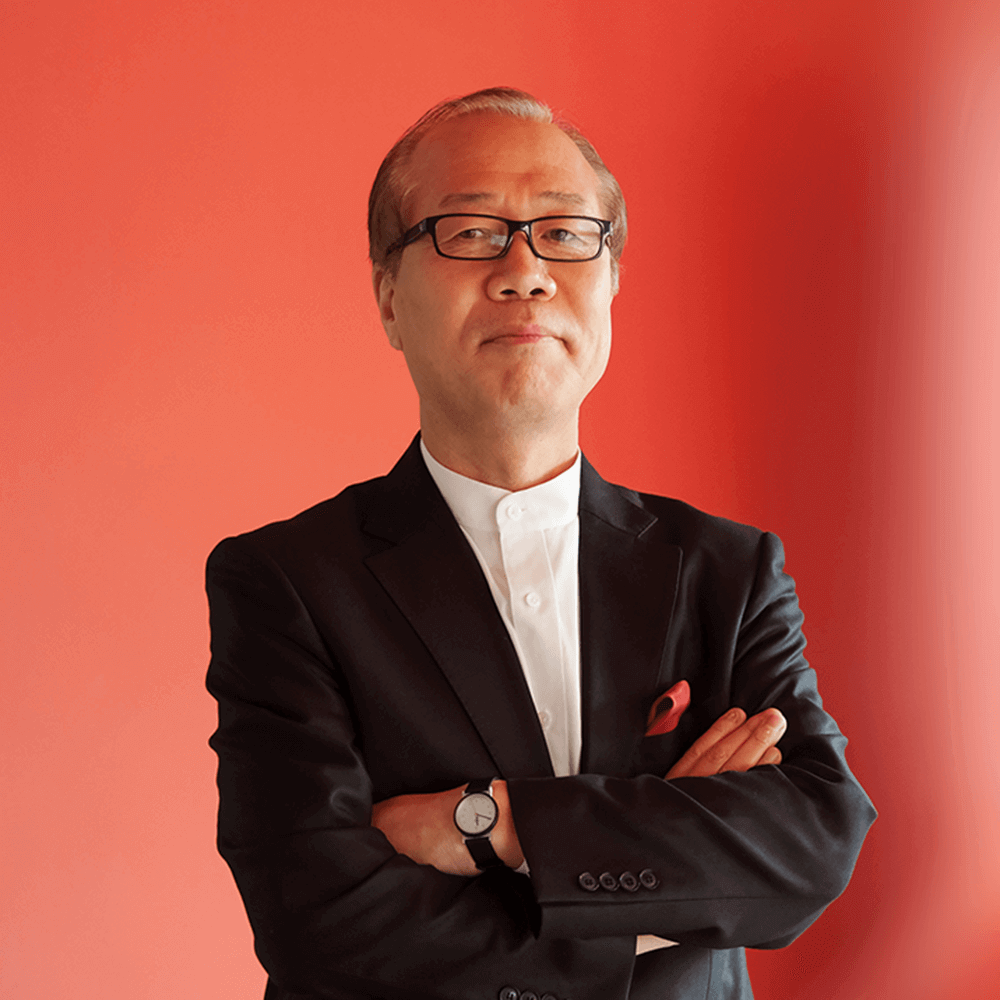
Kun-pyo Lee (KAIST)
Professor and Head of department of ID KAIST, Former Executive Vice President, LG Electronics. Well known leader in human-centered design for innovation and visioning future design paradigm.
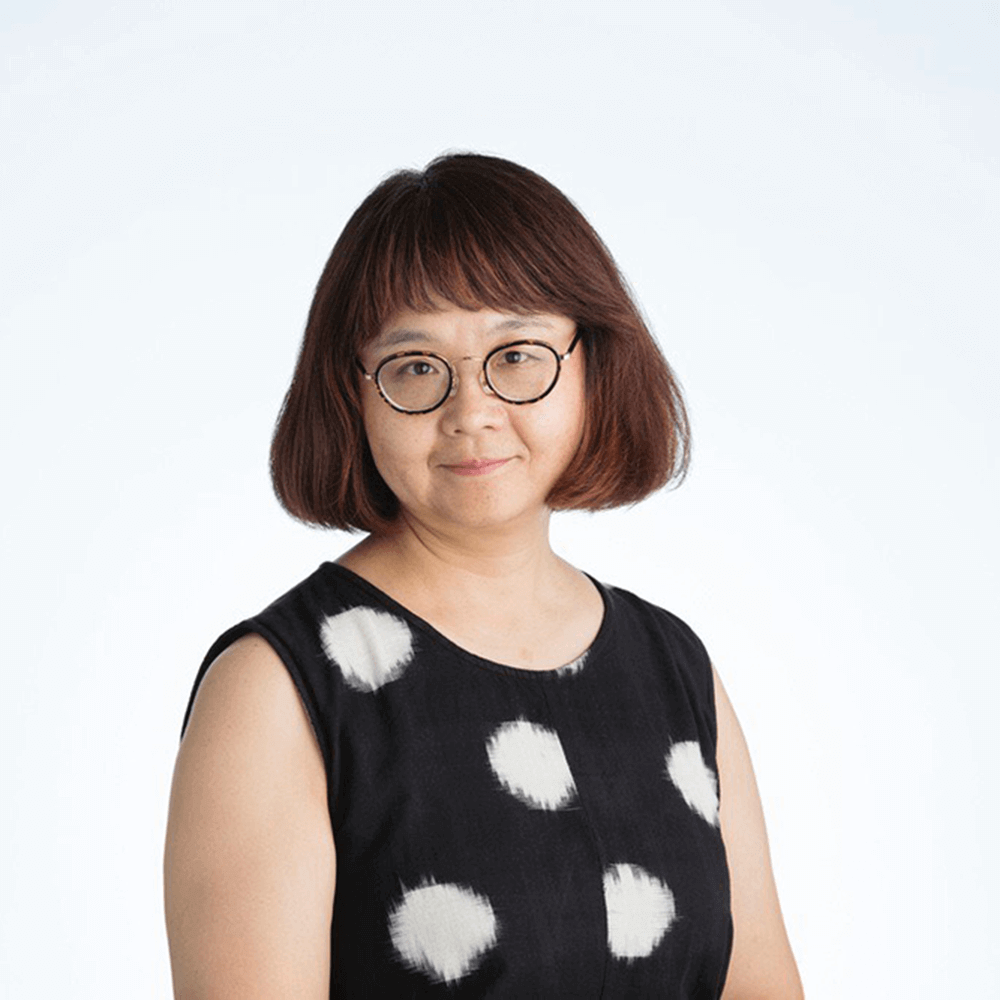
Minako Ikeda (Kyushu University)
After working as editor at Nikkei Design, Tokyo, she cofounded IIDj, focusing on editorial and information design and practiced in the field of intercultural communication design. She teaches design history and information and editorial design as Associate Professor at Kyushu University. She is conducting several design research projects for revitalizing local traditional crafts in contemporary society.
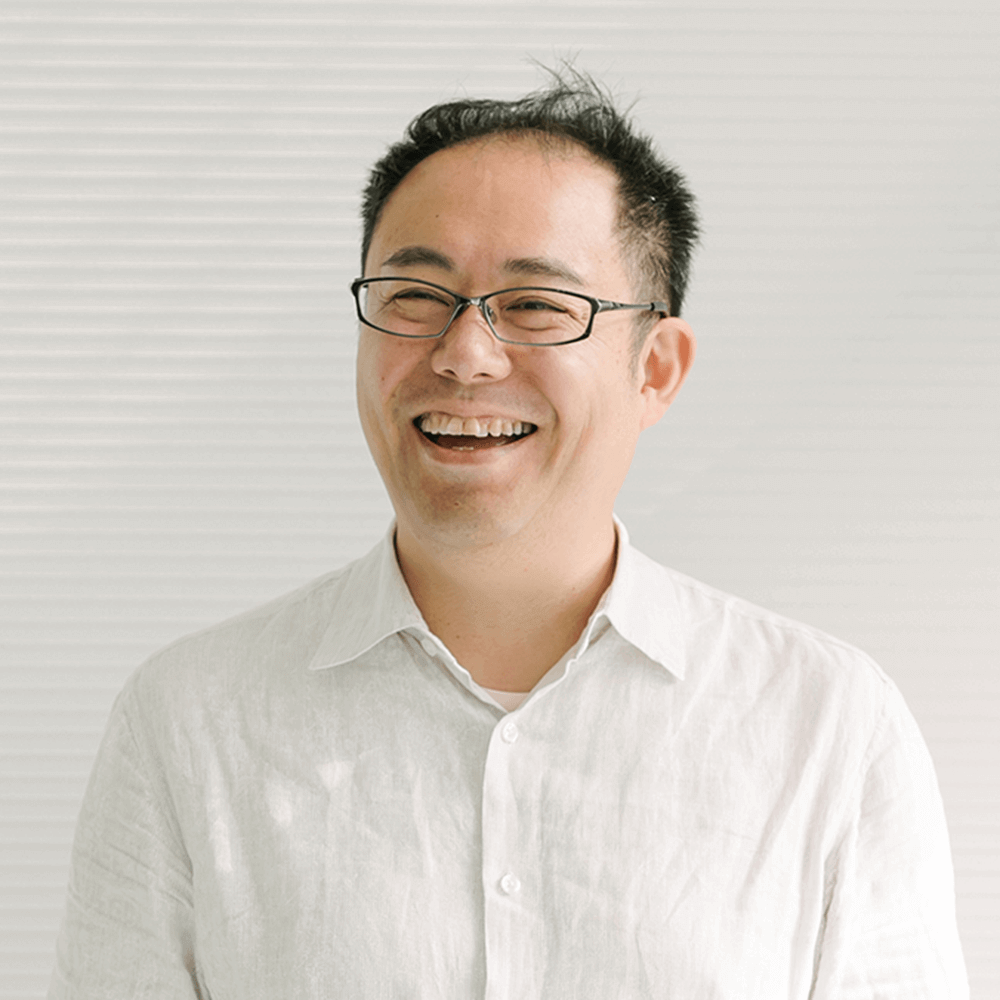
Hiroshi Tamura (RE:PUBLIC)
Hiroshi Tamura is Co-founder and Managing Director at Re:public Inc. Hiroshi also serves as Co-Founder and Executive Fellow at i.school of The University of Tokyo where he has taught innovation process by harnessing ethnographic investigation. Now Hiroshi engages in developing innovation ecosystem where citizen participation takes a key role for a better change. Hiroshi takes the directorship of “Citizen-led Innovation” platform in Fukuoka City where citizens exerts leadership to shape trans-boundary innovation teams by cutting across a variety fields from government to corporation, from tech savvy to social entrepreneurship.
Designing Future Cities by Design Fiction Approach
Themes
Fukuoka City 2030
Home / Mobility / Community / Learning / Work / Peace of Mind
Pre-work
1. Thematic desk research:
2. Thematic qualitative research:
3. Fukuoka at a glance:
| Feb. 12 [Sun] | Why not knowing Fukuoka beforehand? e.g. - Art trip in Dazaifu - Fukuoka Yatai Tour -traditional food track dinner |
|---|---|
| Feb. 13 [Mon] | Welcome by Japan & Korea faculty EXERCISE: Introductions by blind contour drawing Kickoff presentation by Bryan Boyer Assignment of Fieldwork PIN UP: findings |
| Feb. 14 [Tue] | Groups analyze fieldwork and identify insights SHARE OUT: insights EXERCISE: “What ifs...” BREAK EXERCISE: three rounds of rapid ideation EXERCISE: Working in groups of two, design (or redesign) a government service that uses at least one of the highlighted technologies and human capacities. Make a poster advertising it. PIN UP: All posters |
| Feb. 15 [Wed] | PRESENTATION: What makes a good story for Design Fiction? EXERCISE: Begin storyboarding Working session SHARE OUT: storyboards + division of labor |
| Feb. 16 [Thu] | Working session image production SHARE OUT: work in progress |
| Feb. 17 [Fri] | Working session image production SHARE OUT: cool image or scene Working session image production |
| Feb. 18 [Sat] | Symposium |
We have developed three concepts. The first is accommodating accessibility. We think the future public service system will be more flexible. The second is family mindfulness. Today, people can receive care or support from their families or best friends in their own homes. We think that people will be able to receive care or support from the entire city in the future. The third is emotional advocate. More emotional relationships can be made between the city and its people. This is our future city concept: A-Eye City.
“How might we create a decentralized infrastructure in Fukuoka to provide a fluid service and support system?” We would like to propose a platform that will augment the way we access services. ‘Already There’ is a service that will enable users to access services regardless of where they are, and it will provide them with the things that they need.
We designed an innovative system for citizens who suffer from dementia. We have designed a smart system using new technology, artificial intelligence, and smart materials to assist people with dementia at home or on the road, and we have included in our design a service system that allows them to live as normally as possible in society.
TasukeAI will use artificial intelligence technology and offer counsel to young people going through the struggles of growing up and company for elders who perhaps are experiencing isolation, all the while collecting data from these interactions for the city to learn from and offer services to all citizens.
In the future, TasukeAI will use technology to provide a platform for large-scale sharing of wisdom from elders to younger people.
Fukuoka 2030: We believe that working styles in the city will definitely change. Project-based working situations will be more common than ever before. We are constantly becoming beginners over and over again. We are always newcomers, new to communities. Having a great set of skills is not enough. We all know that being in the right place at the right time is of the utmost importance, so it is important to forge social dynamics.
How can we easily jump into a new community? Let us show our solution, called “Skills Grid.”
PoM CAL system will make us think seriously about the balance of stress, productivity, and creativity in our lives. We would like to create a sustainable city that balances work and relaxation to keep people creative and productive. The PoM CAL system will create flexible schedules throughout the whole city. This system has two key functions; one is measuring stress and another is determining welfare for holidays. Smart materials will be used to turn every daily item into a platform for gathering data from citizens. A common calendar has two days off per week. When the stress goes up city-wide to a level in which creativity seems to be reduced, the city will change working days into new public holidays. Whenever the balance between stress and creativity returns to a normal level, the city will change the holidays back to their original scheduling. Our project will give more vitality to a sustainable working style in Fukuoka in 2030.
K2 Symposium 2017: Designing Future Cities is an international symposium open to the general public. Invited are Prof. Barry M. Katz from Stanford University as keynote speaker and Prof. Kun-pyo Lee from KAIST. The city as an innovation ecosystem will be discussed from the perspectives of Silicon Valley, East Asia and more locally in Fukuoka, in terms of current situations and future possibilities.
The results of the work from the teams taking part in the K2 Winter School 2017 will also be unveiled and discussed.
| 12:30- | Registration |
|---|---|
| 13:00-13:20 | Opening remarks by the Dean: Prof. Akira Yasukouchi (Kyushu University) An overview of the K2 Project: Assoc. Prof. Minako Ikeda (Kyushu University) |
| 13:20-15:25 | Introduction to the K2 Winter School 2017: Mr. Bryan Boyer (Dash Marshall) Presentations by the studio teams Commentary: Prof. Barry M. Katz (Stanford University and CCA), Prof. Kun-pyo Lee (KAIST), Assoc. Prof. Minako Ikeda and others. |
| 15:25-15:40 | Coffee Break |
| 15:40-16:10 | Key note speech/ Title: Ecosystems of Innovation: Lessons from Silicon Valley/ Speaker: Prof. Barry M. Katz |
| 16:10-16:40 | Speech/ Title: Urban Innovation: how we make and remake the city/ Speaker: Mr. Bryan Boyer |
| 16:40-17:10 | Speech/ Title: Design 3.0/ Speaker: Prof. Kun-pyo Lee |
| 17:10-17:20 | Coffee Break |
| 17:20-18:20 | Roundtable Discussion/ Title: Designing Future Cities / Panel: Prof. Barry M. Katz, Prof. Kun-pyo Lee, Mr. Bryan Boyer, Prof. Yasuyuki Hirai (Kyushu University) and others. Moderator: Mr. Hiroshi Tamura (RE:PUBLIC) |
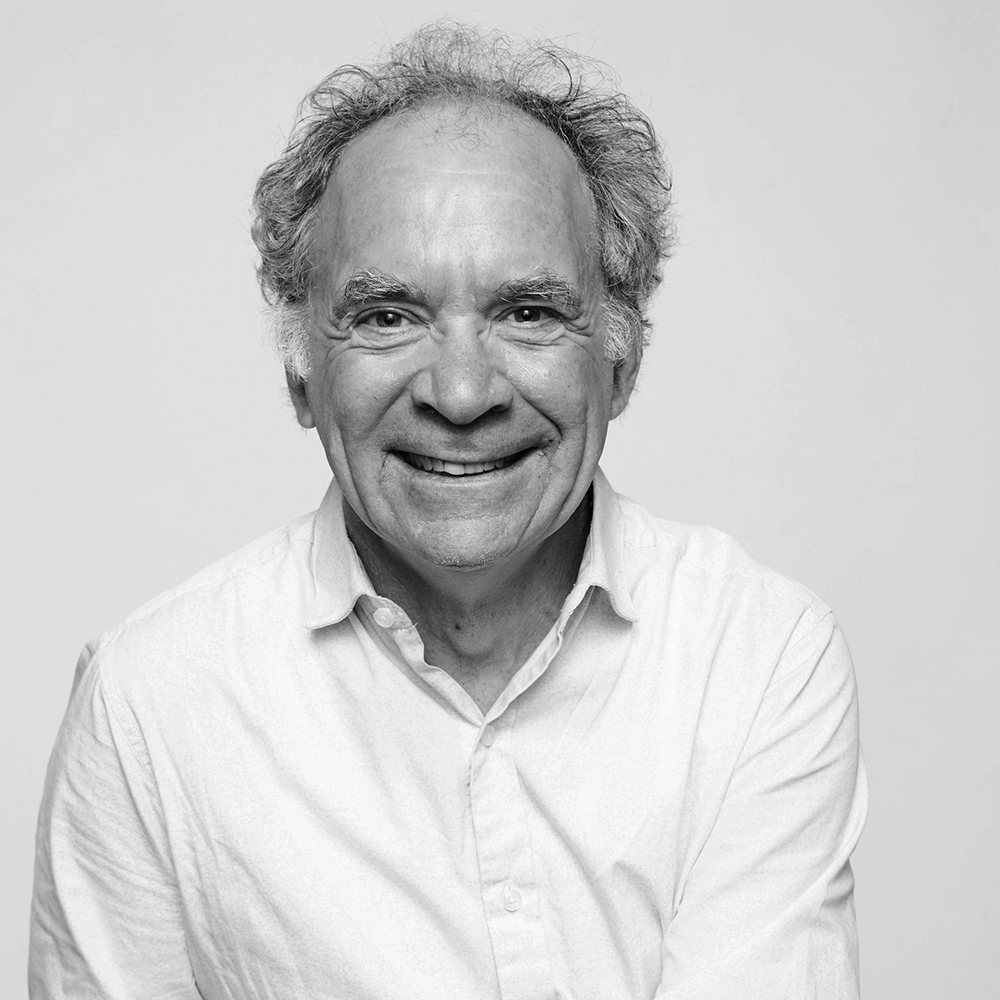
Barry M. Katz
Barry M. Katz is Professor of Design at Stanford University and the California College of the Arts, and is a widely published research scholar. In addition to writing and teaching, Barry has extensive experience consulting with companies, governments, and universities worldwide on design as a strategy of innovation.

Kun-pyo Lee
Professor and Head of department of ID KAIST, Former Executive Vice President, LG Electronics. Well known leader in human-centered design for innovation and visioning future design paradigm.
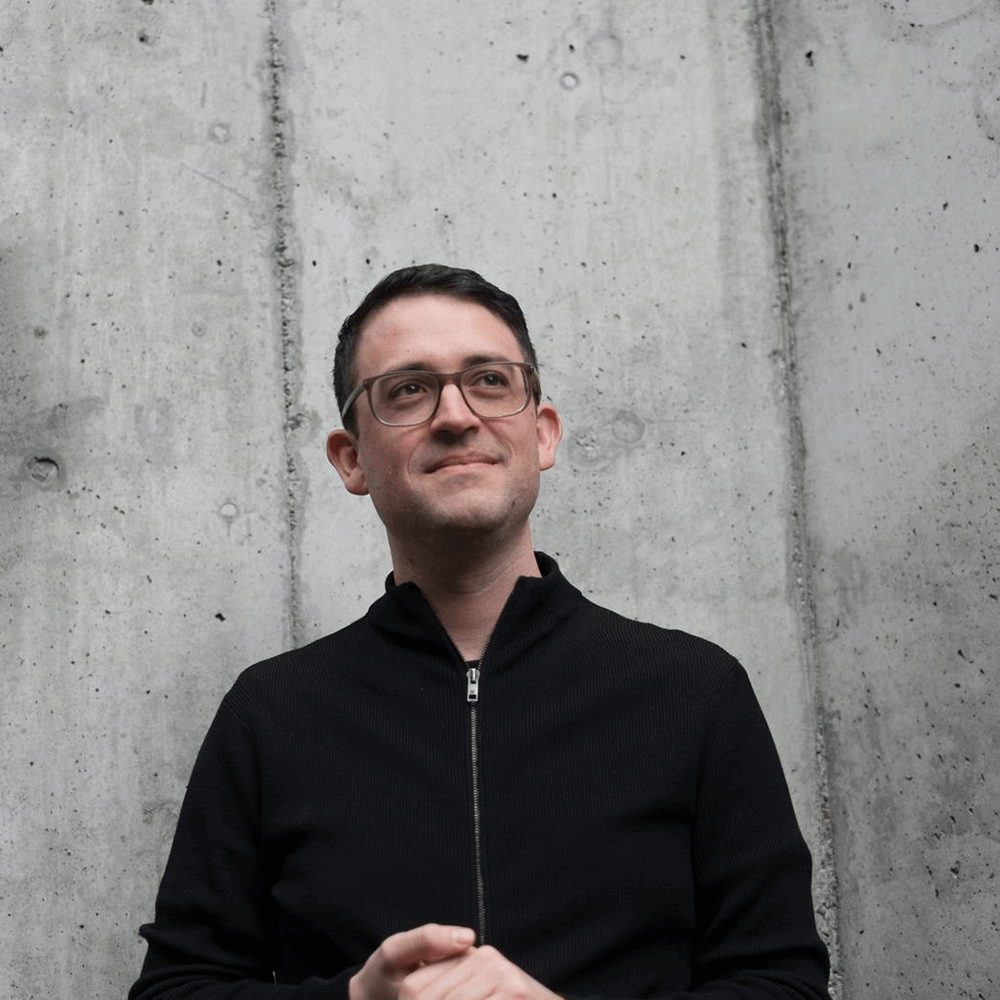
Bryan Boyer
Strategic designer with experience in public sector innovation, entrepreneurship, and contemporary architecture. Generally interested in anything related to the way that buildings and cities are created, and the opportunities that buildings and cities create.
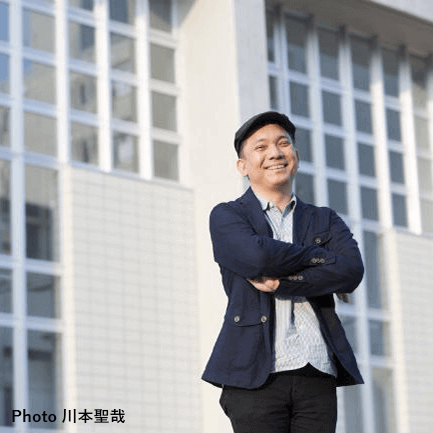
Yasuyuki Hirai
Graduated from Kyoto City Art University, and Worked in the Design Department of Kokuyo Co., Ltd., followed by a stint as Senior Designer for IDEO Product Development (U.S.). In 2000, joined Kyushu Institute of Design as an assistant professor. currently teaching as professor at the faculty of design at Kyushu University in Fukuoka, Japan. His expertise is in the areas of inclusive design and design thinking with both areas focused on innovative approaches to realize human- and knowledge-centric solutions.
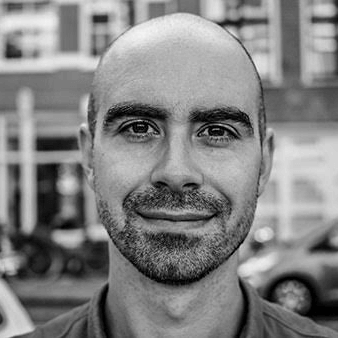
Marco van Hout
Lead Design & Research at MediaLAB Amsterdam.
His current mission is to fight ‘Design Waste’, by introducing a common language of design methods to the design field so that the creative community and industry can build upon each other’s work and share intermediate-level knowledge to tackle the world’s biggest challenges.
Note: The capacity of this file is 54 MB.
Kyushu University Ohashi Satellite: LUNETTE
1-3-27 Ohashi, Minami-ku, Fukuoka City, Fukuoka 815-0033, JAPAN
(In front of Ohashi Station on the Nishitetsu-Omuta Line)
+81 92 554 3875
Kyushu University Faculty of Design Ohashi Campus
Building 5, Level 1, Room 511
4-9-1 Shiobaru, Minami-ku, Fukuoka 815-8540, Japan
+81 92 553 9461